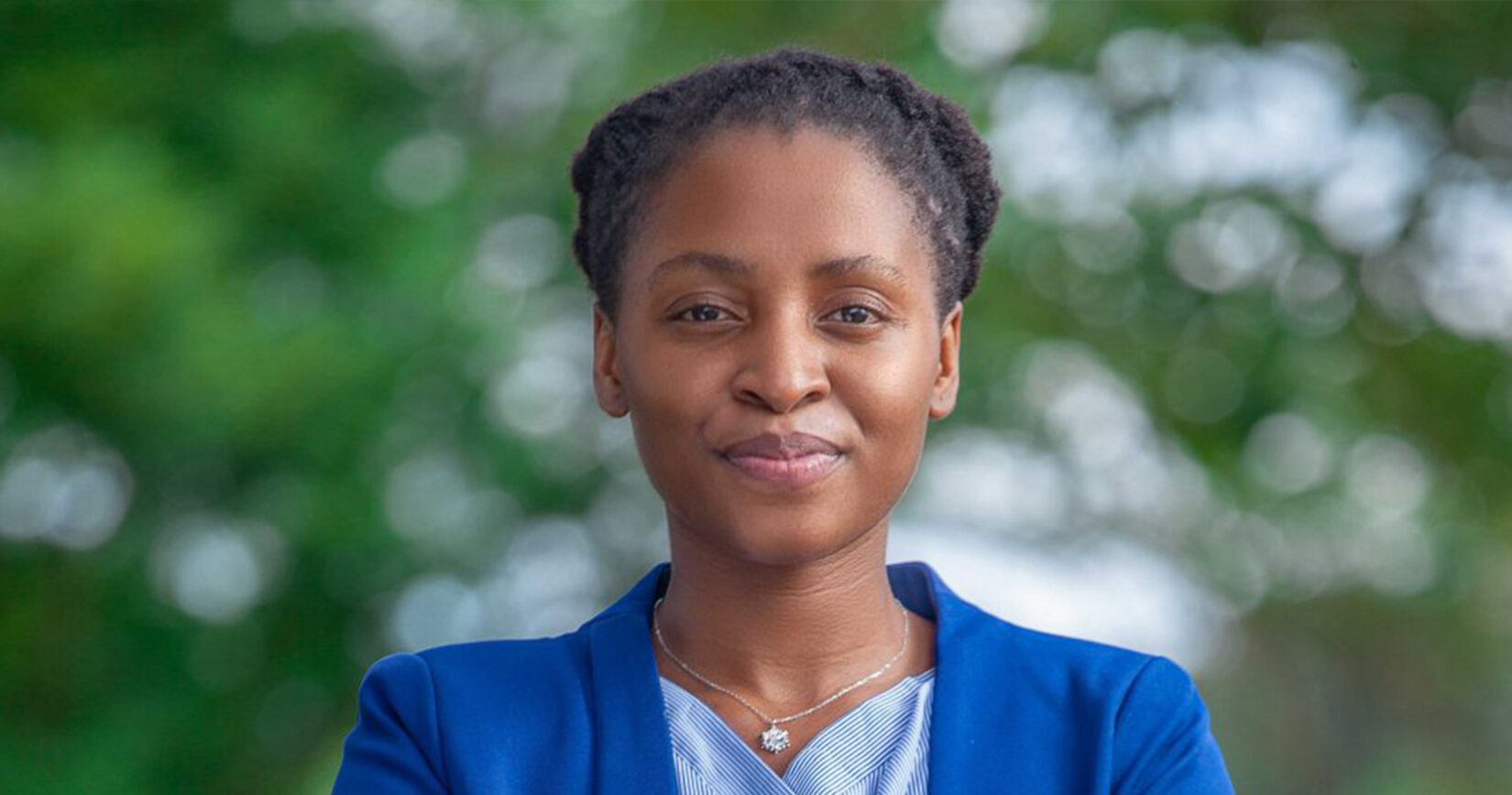
Nthanda L. Manduwi oversees By Ntha Media, a media advocacy startup in Malawi, through which a community of young people can create and share content to champion issues like sexual and reproductive health and rights, decriminalization of LGBTQIA+, and women’s empowerment. Nthanda is passionate about comprehensive sexual and reproductive rights. She also believes men and women alike matter in the drive for equality everywhere.
What does #EqualEverywhere mean to you?
#EqualEverywhere to me means all of us have access to economic and social opportunities, regardless of gender, age, social status, and all other differences.
As poet Emma Lazarus said, and as Dr. Martin Luther King, Jr. repeated, “Until we are all free, we are none of us free.”
Why do you advocate for equal rights for girls and women?
As a student, studying the social and economic impacts of women’s empowerment in Malawi led me to a World Economic Forum 2015 report that estimated it the worldwide wage gap will take 108 years to close. This implies that women will not see equal wages with men until the year 2133. Since then, the gap has narrowed — according to projections from the WEF’s 2020 Global Gender Gap report, the overall global gender gap will close in 99.5 years, on average across approximately 100 countries.
The wage gap, while tremendously important, is just one of many indicators used when tracking inequality.
What motivates you to do this work?
Injustices perpetrated against women affect me too, despite my privilege. Had I been born less fortunate, I would not have enjoyed so many opportunities. Given this, I feel a responsibility to give back and to strive to improve the lives of other women where I can. I hope mothers and their children everywhere can prosper and thrive as I have and — I will do whatever I can to ensure that happens.
What are the main challenges you experience in your work to advance gender equality?
One unexpected challenge are the women I have had to push back at, since sometimes they can be the guardians of the patriarchy. It becomes a battle against cognitive dissonance, because people usually defend the information they have been exposed to all their lives, and repel new information. They may fight or resist, since to them, you may seem to be destroying their culture. Some traditions merit preservation, but harmful ones must be repealed. That is a huge task, met with much resistance.
Other challenges are financial, as we try to make as much information available as possible, accessible to everyone. We do this because we deeply believe that misogyny, and most forms of oppression, stem from ignorance and entitlement.
The fight for equality entails making people who have been in a former place of privilege understand that “Rights for me do not mean less rights for you.”
What progress are you seeing as a result of your work?
We have taken a “quality over quantity approach”. When we disseminate information, we want our audience to understand our message accurately. We have seen the people we work with shed their prejudices and entrenched beliefs and start fighting for the rights of women and other underprivileged and underrepresented minorities. Our hope is to train an expanding circle of civil rights activists, thereby ensuring we can scale up and have a lasting impact.
What progress are you seeing in the wider gender equality movement?
There is much work to be done in the gender equality movement – from the micro- to the macro- level. I have seen women in my country become financially and economically independent, which improves overall societal well-being. Policies are being put in place for the empowerment of women globally. At the grassroots level, people are pushing for women to own businesses and take ownership over their lives.
Personally, I would like to see more funding directed at the grassroots level, as opposed to support for big conferences on women’s empowerment. This is not to discredit the conferences, as they do influence policy that is necessary for local activists. I do, however, feel we should be very intentional in our efforts.
 BACK TO STORIES
BACK TO STORIES